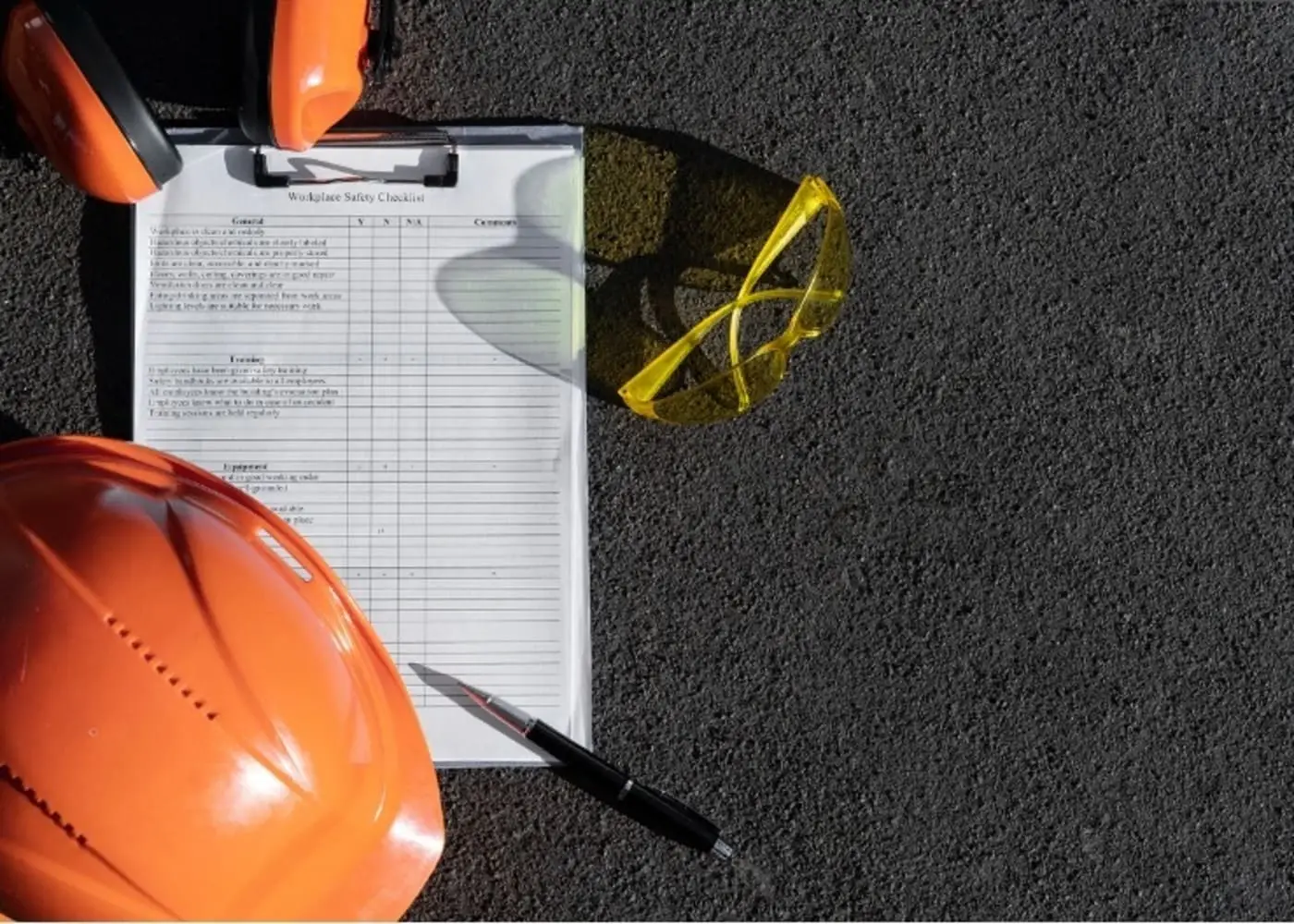PUWER flies under the radar compared to its flashier cousins, HSE and RIDDOR. Yet dig a bit deeper, and you'll find these regulations quietly prevent thousands of workplace accidents yearly. They're oddly practical, too – less about ticking boxes more about keeping your team in one piece. Some safety rules gather dust in policy manuals; PUWER actually changes how people work with machinery every single day. Let's crack open what these four letters really mean for your workplace.
What Does PUWER Stand For?
PUWER stands for the Provision and Use of Work Equipment Regulations 1998. Enacted over two decades ago, these PUWER regulations set out clear legal requirements for any organisation that uses equipment in the workplace.
Put simply, the PUWER regs require that:
Work equipment is suitable for its intended purpose
Equipment is properly maintained and safe to use
Workers receive proper training before using equipment
Adequate safety measures exist around dangerous machinery
Numerous businesses discover that equipment tracking software helps them meet these requirements without drowning in paperwork. Such systems monitor maintenance schedules, usage logs, and training records, making compliance more manageable while reducing risk.
Which Equipment Falls Under PUWER?
The reach of what PUWER covers extends far beyond factory machinery. These regulations apply to:
Basic hand tools like hammers and screwdrivers
Office equipment, including photocopiers and shredders
Heavy industrial machinery
Construction Equipment
Vehicles used at work
Computer hardware
If your workers use it to perform their jobs, PUWER likely applies. This includes both company-owned equipment and items that employees bring from home to use at work.
PUWER and LOLER: What's the Difference?
Confusion often surrounds PUWER and LOLER regulations. While PUWER covers all work equipment, LOLER (Lifting Operations and Lifting Equipment Regulations 1998) specifically targets equipment used for lifting and lowering loads.
The key distinctions:
PUWER
All work equipment
Regular maintenance
Risk assessment focus
General safety measures
LOLER
Lifting equipment only
Specific inspection schedules
Load testing requirements
Additional safety factors for lifting
If your business uses cranes, hoists, forklifts, or patient lifting equipment, you'll need to comply with both regulatory frameworks. Many safety professionals refer to LOLER as "PUWER-plus" for lifting operations.
How to Conduct a PUWER Assessment
A PUWER assessment isn't just a box-ticking exercise—it's a practical evaluation of equipment safety. Here's a straightforward approach:
List your equipment: Document every piece of work equipment, from drills to delivery vans.
Identify hazards: What could go wrong with each item? Think about mechanical, electrical, and usage risks.
Set up controls: Implement safeguards like guards, emergency stops, or restricted access.
Train users: Ensure everyone who uses the equipment knows how to do so safely.
Plan maintenance: Create a schedule for checks, servicing, and repairs.
Keep records: Document everything—assessments, training, and maintenance work.
Small businesses often struggle with this process, but even a basic assessment is better than none. Start small, be thorough with high-risk equipment, and build your system over time.
Practical PUWER Challenges (And How to Solve Them)
Complying with PUWER regulations isn't always straightforward. These challenges crop up frequently:
Paper Overload
The problem: Keeping track of hundreds of pieces of equipment across different sites generates mountains of paperwork.Â
The fix: Move to digital systems—even a simple spreadsheet is better than paper forms. For more extensive operations, dedicated compliance software pays for itself.
Training Gaps
The problem: Staff turnover means training records quickly become outdated.Â
The fix: Create equipment-specific training modules that new staff complete before they're authorised to use equipment. Maintain a simple database of who's trained on what.
Maintenance Headaches
The problem: Equipment breakdowns never happen at convenient times.Â
The fix: Use manufacturer recommendations and usage patterns to guide preventative maintenance; deal with problems before they appear.
Multi-site Consistency
The problem: Different locations develop different safety standards and procedures.Â
The fix: Create clear company-wide equipment standards and audit regularly across sites. Share best practices between locations.
The Business Case for PUWER Compliance
Beyond avoiding HSE fines, proper implementation of PUWER regulations offers tangible benefits:
Fewer accidents: Well-maintained, properly used equipment hurts fewer people.
Less downtime: Regular maintenance prevents unexpected breakdowns.
Longer equipment life: Proper care means less frequent replacement.
Better morale: Staff appreciate working with safe, reliable equipment.
Lower insurance costs: A good safety record can reduce premiums.
One manufacturing firm reported a 37% reduction in lost-time incidents after implementing a comprehensive PUWER compliance programme—proving that safety pays.
Making PUWER Work For You
Understanding what PUWER stands for is just the start. The real challenge lies in creating effective systems that protect workers without hampering productivity.
For small businesses, start with high-risk equipment and build a practical system that meets their specific needs. Larger organisations should integrate PUWER compliance into broader safety management systems.
Remember, PUWER is about keeping people safe while they work, not about producing ideal documentation. Emphasise logical controls, thorough training, and regular maintenance; the compliance documentation will mostly handle things.
When properly implemented, these regulations do more than tick a legal box—they create a safer, more efficient workplace where both people and equipment perform at their best.

All Comment 9
Login to post a comment
No comments yet
Be the first to drop a comment